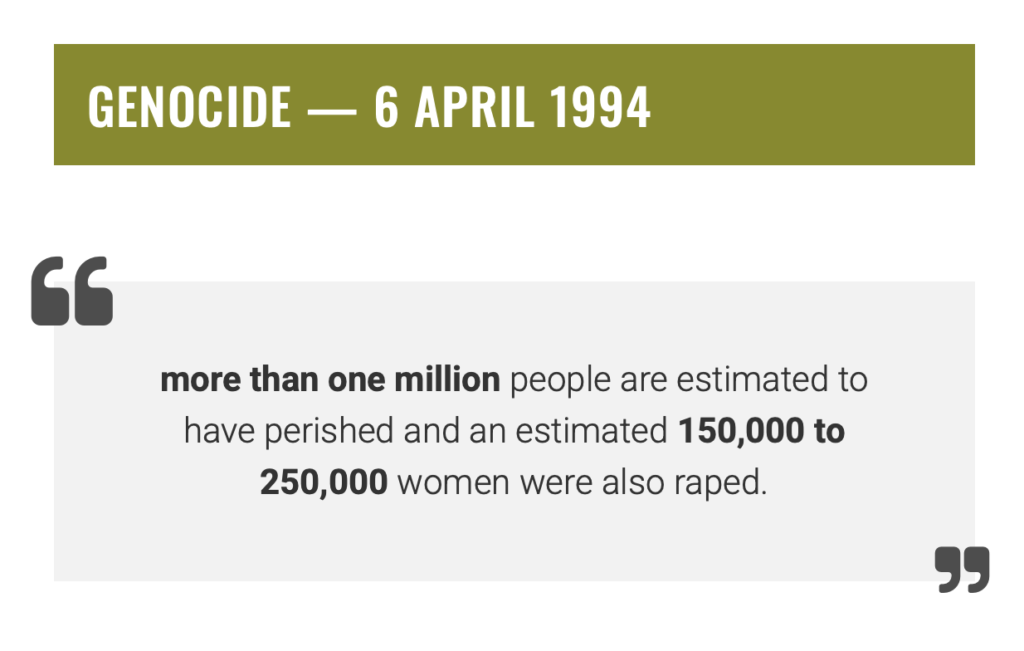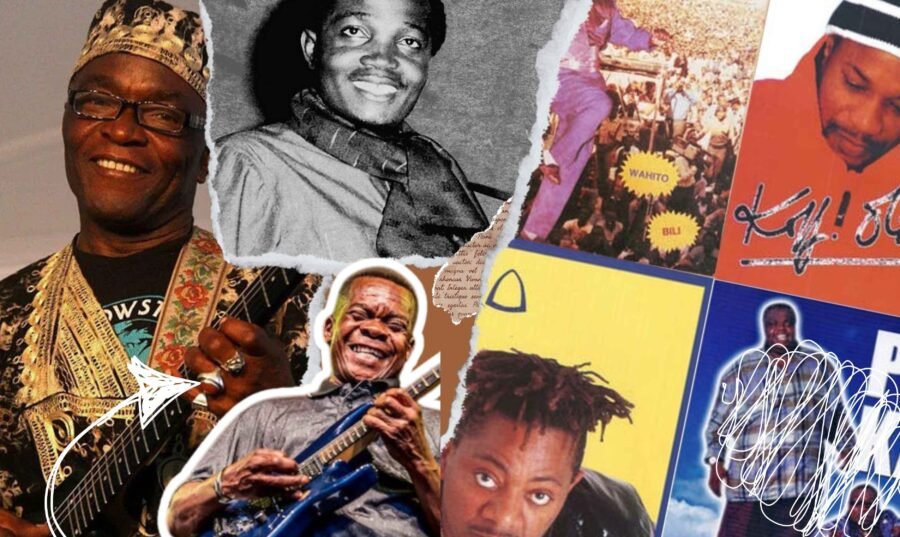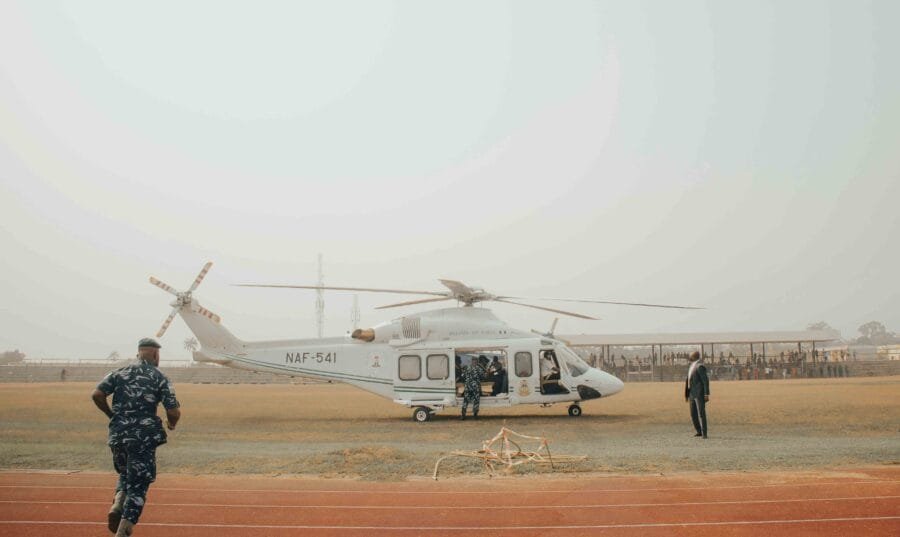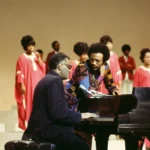Sometimes In April: Encountering Rwanda’s Scars
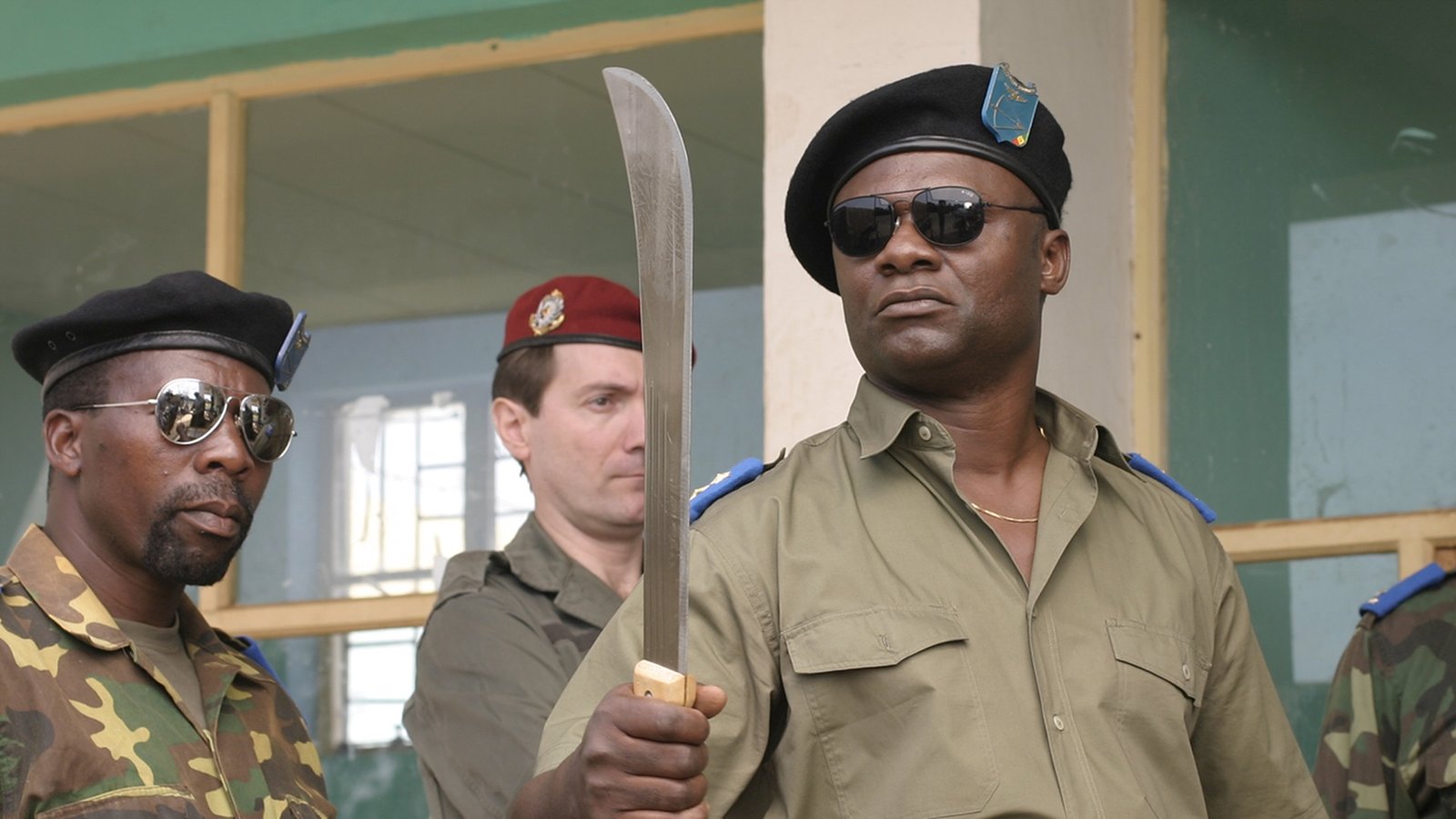
I was born after the genocide in Rwanda. April 7 1994, is a date I would never forget since I watched ‘Sometimes In April’ – a movie about what happened during the genocide – when I was just 12. I would recommend it to anyone who has not seen the film. I remember learning about genocide in high school.
On the evening of April 6, 1994, President of Rwanda Juvenal Habyarimana’s plane was shot down. The then President of Burundi was also on board. The crash left no survivors. And till today, the culprits are still unknown. However, some have blamed the Hutus. Barricades were set up within hours of the incident, and the Hutus blocked roads. Senior Tutsi officials were being rounded up; machetes were released to the Hutus to slaughter the Tutsis. A local radio station began broadcasting calls to murder the ‘cockroaches’. That is, the Tutsis’. The Hutu comprise 85% of Rwanda’s population, while the Tutsi comprise 15%.
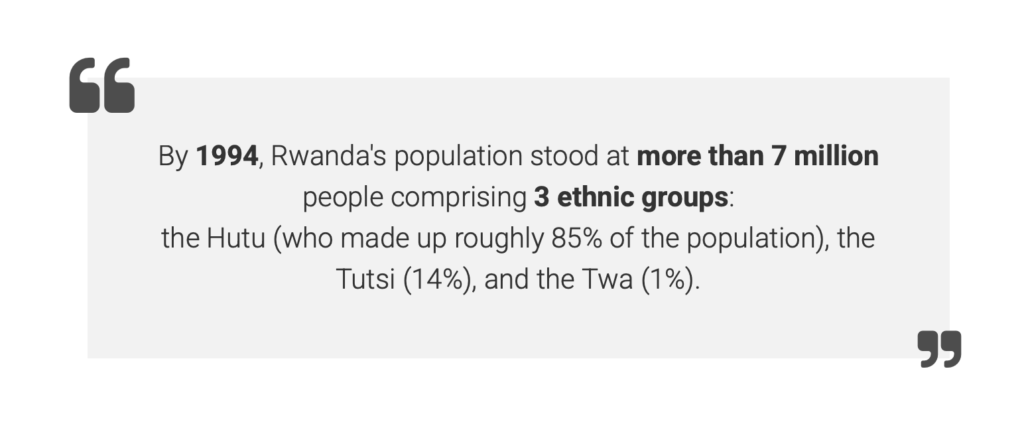
The massacres lasted 100 days. An estimated 800,000 Tutsis were killed with machetes wielded by the Hutus. Neighbour killing neighbour. Family members were murdering their kin — more killings, town by town, house by house, village by village. The death rate achieved by the Hutus’ was so rapid and higher than the Nazis.
One piece of footage from that day in Rwanda remains clear. The footage was shot from a car as it drove down a residential street lined with dead bodies, one on top of the other, all having deep machete wounds. Some persons were left to bleed in agony, sometimes for days.
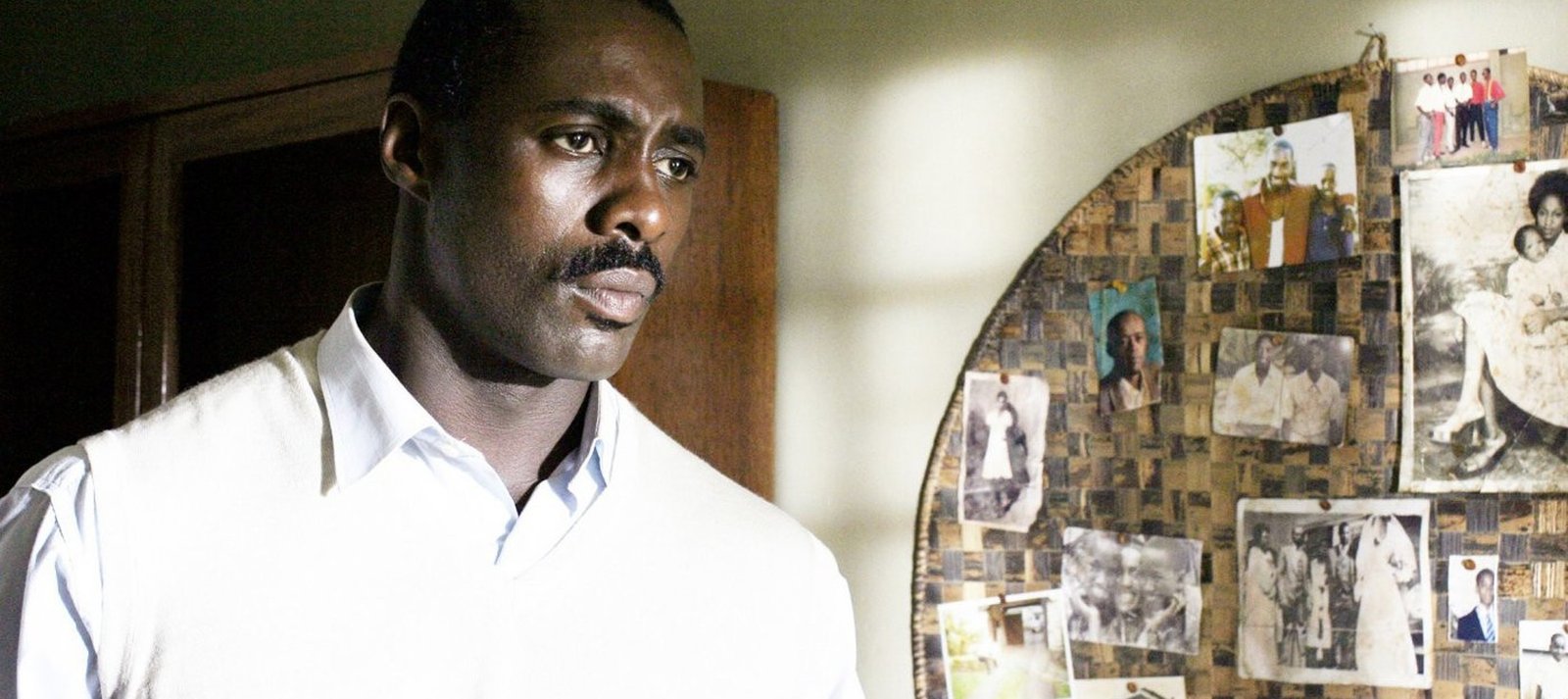
The massacres happened as an outburst to the long-standing tensions between the two ethnic groups in the 1950s and 1990s. Before the slaughter, Romeo Dallaire, the Canadian General responsible for the UN peacekeepers in the country at the time, saw the massacre coming. He warned of this. He recalled receiving credible reports of how the genocide was to unfold. Dallaire said he sent a message to the UN headquarters in New York, requesting to raid the weapons and prevent the genocide from happening. But the peacekeepers were under Chapter VI mandate, which meant they couldn’t use arms to stop a murder, only in self-defence.
The UN in New York called Dallaire to tell him he had no authority to protect the people. Dallaire says he stood at a runway with tears rolling down his face, watching as the ‘international community’ sent 1600 soldiers to evacuate all foreigners and abandon the Tutsis to certain death. The peacekeepers, however, could do nothing even if they stayed. They had no clothes, and dead bodies contaminated the country’s water, leaving no clean water in the country. The peacekeepers were also ill-equipped. All they could do was put up havens in hospitals, hotels and stadiums.
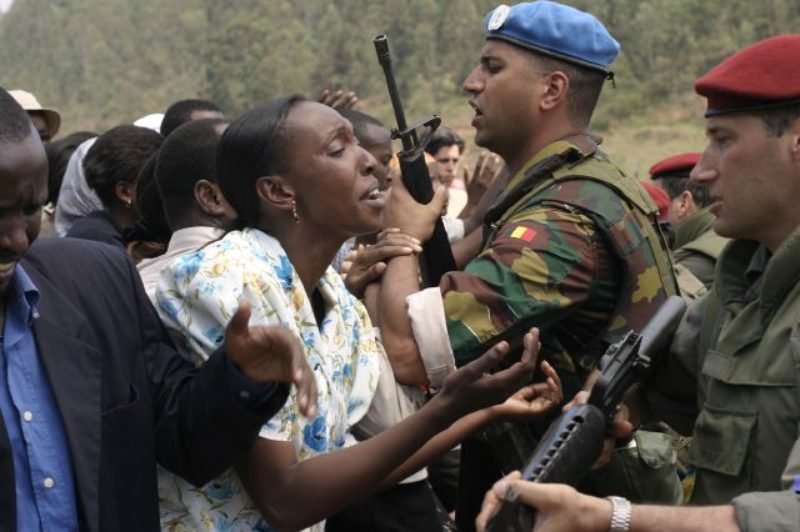
The peacekeeper’s decision to stay is one of history’s most significant acts of moral courage. Romeo Dallaire is a vivid example of ethical conduct in gruesome situations. He was in hell, abandoned to face the brewing evil, and followed by the phantom of Rwanda to Canada.
However, on 21 April, after other countries asked to withdraw troops, the UNAMIR force reduced from an initial 2,165 to 270. If the absence of a resolute commitment to reconciliation by some of the Rwandan parties was one problem, the tragedy was compounded by the faltering response of the international community. The capacity of the United Nations to reduce human suffering in Rwanda was severely constrained by the unwillingness of Member States to respond to the changed circumstances in Rwanda by strengthening UNAMIR’s mandate and contributing additional troops.
22 June
On June 22, the Security Council authorized French-led forces to mount a humanitarian mission. The mission, called Operation Turquoise, saved hundreds of civilians in South West Rwanda, but is also said to have allowed soldiers, officials and militiamen involved in the genocide to flee Rwanda through the areas under their control. In other regions, killings continued until 4 July 1994 when the RPF took military control of the entire territory of Rwanda. (Sourced from the United Nations)
